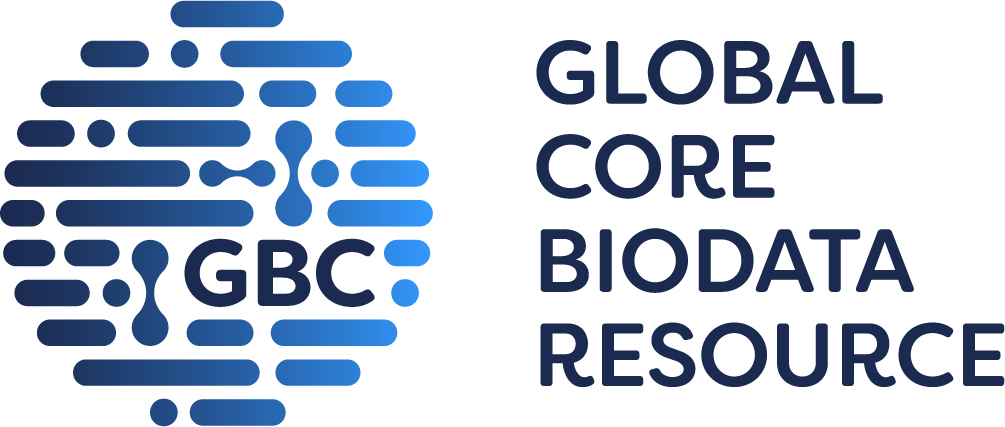
TCLPA5 [Ligand Id: 9500] activity data from GtoPdb and ChEMBL
Click here for a description of the charts and data table
Please tell us if you are using this feature and what you think!
| ChEMBL ligand: CHEMBL2058156 |
|---|
There should be some charts here, you may need to enable JavaScript!
|
There should be some charts here, you may need to enable JavaScript!
|
There should be some charts here, you may need to enable JavaScript!
|
There should be some charts here, you may need to enable JavaScript!
|
There should be some charts here, you may need to enable JavaScript!
|
There should be some charts here, you may need to enable JavaScript!
|
| DB | Assay description | Assay Type | Standard value | Standard parameter | Original value | Original units | Original parameter | Reference |
|---|---|---|---|---|---|---|---|---|
| heparanase/Heparanase in Human (target type: SINGLE PROTEIN) [ChEMBL: CHEMBL3921] [GtoPdb: 2996] [UniProtKB: Q9Y251] | ||||||||
| ChEMBL | Inhibition of heparanase (unknown origin) | B | 5 | pIC50 | 10000 | nM | IC50 | Bioorg Med Chem (2023) 90: 117335-117335 [PMID:37257254] |
| ChEMBL | Inhibition of recombinant human heparanase preincubated for 1 hr followed by HADP probe addition and measured after 4 hrs by plate reader assay | B | 5 | pIC50 | 10000 | nM | IC50 | ACS Med Chem Lett (2024) 15: 1032-1040 [PMID:39015272] |
| nuclear receptor binding SET domain protein 1/Histone-lysine N-methyltransferase, H3 lysine-36 specific in Human (target type: SINGLE PROTEIN) [ChEMBL: CHEMBL3588738] [GtoPdb: 2696] [UniProtKB: Q96L73] | ||||||||
| ChEMBL | Inhibition of N-terminal polyhistidine-tagged recombinant human NSD1 (1538 to 2696 residues) expressed in baculovirus infected insect cell using SAM as substrate preincubated for 20 mins followed by substrate addition measured after 1 hrs by hotspot assay | B | 4.92 | pIC50 | 12000 | nM | IC50 | Eur J Med Chem (2023) 256: 115440-115440 [PMID:37182335] |
| nuclear receptor binding SET domain protein 2/Histone-lysine N-methyltransferase NSD2 in Human (target type: SINGLE PROTEIN) [ChEMBL: CHEMBL3108645] [GtoPdb: 3220] [UniProtKB: O96028] | ||||||||
| ChEMBL | Inhibition of N-terminal polyhistidine-tagged human NSD2 expressed in baculovirus infected insect cell using SAM as substrate preincubated for 20 mins followed by substrate addition measured after 1 hrs by hotspot assay | B | 5.07 | pIC50 | 8500 | nM | IC50 | Eur J Med Chem (2023) 256: 115440-115440 [PMID:37182335] |
| Histone-lysine N-methyltransferase NSD3 in Human (target type: SINGLE PROTEIN) [ChEMBL: CHEMBL3108646] [UniProtKB: Q9BZ95] | ||||||||
| ChEMBL | Inhibition of N-terminal GST-fused recombinant human NSD3 (1021 to 1322 residues) expressed in Escherichia coli using SAM as substrate preincubated for 20 mins followed by substrate addition measured after 1 hrs by hotspot assay | B | 5.64 | pIC50 | 2300 | nM | IC50 | Eur J Med Chem (2023) 256: 115440-115440 [PMID:37182335] |
| LPA2 receptor/Lysophosphatidic acid receptor 2 in Human (target type: SINGLE PROTEIN) [ChEMBL: CHEMBL3724] [GtoPdb: 273] [UniProtKB: Q9HBW0] | ||||||||
| ChEMBL | Antagonist activity at LPA2 receptor in human isolated platelets assessed as inhibition of TRAP-induced platelet aggregation after 3 mins | F | 5 | pIC50 | >10000 | nM | IC50 | Bioorg Med Chem Lett (2012) 22: 5239-5243 [PMID:22801643] |
| LPA5 receptor/Lysophosphatidic acid receptor 5 in Human (target type: SINGLE PROTEIN) [ChEMBL: CHEMBL5700] [GtoPdb: 124] [UniProtKB: Q9H1C0] | ||||||||
| ChEMBL | Antagonist activity at LPA5 receptor in human isolated platelets assessed as inhibition of hexadecyl-LPA-induced platelet aggregation after 3 mins | F | 5.66 | pIC50 | 2200 | nM | IC50 | Bioorg Med Chem Lett (2012) 22: 5239-5243 [PMID:22801643] |
| ChEMBL | Antagonist activity at human recombinant LPA5 receptor expressed in rat RH7777 cells assessed as inhibition of hexadecyl-LPA-induced effect | F | 6.1 | pIC50 | 800 | nM | IC50 | Bioorg Med Chem Lett (2012) 22: 5239-5243 [PMID:22801643] |
| ChEMBL | Antagonist activity at LPA5 receptor in human washed platelets assessed as inhibition of hexadecyl-LPA-induced platelet aggregation after 3 mins | F | 6.1 | pIC50 | 800 | nM | IC50 | Bioorg Med Chem Lett (2012) 22: 5239-5243 [PMID:22801643] |
| ChEMBL | Antagonist activity at LPA5 (unknown origin) | F | 6.1 | pIC50 | 800 | nM | IC50 | ACS Med Chem Lett (2024) 15: 1032-1040 [PMID:39015272] |
| GtoPdb | Inhibitor of KI6425-induced activation of a LPA5-RH7777 cell line. | - | 6.1 | pIC50 | 800 | nM | IC50 | Bioorg Med Chem Lett (2012) 22: 5239-43 [PMID:22801643] |
ChEMBL data shown on this page come from version 36:
Zdrazil B, Felix E, Hunter F, Manners EJ, Blackshaw J, Corbett S, de Veij M, Ioannidis H, Lopez DM, Mosquera JF, Magarinos MP, Bosc N, Arcila R, Kizilören T, Gaulton A, Bento AP, Adasme MF, Monecke P, Landrum GA, Leach AR. (2024). The ChEMBL Database in 2023: a drug discovery platform spanning multiple bioactivity data types and time periods. Nucleic Acids Res., 52(D1). DOI: 10.1093/nar/gkad1004. [EPMCID:10767899] [PMID:37933841]
Davies M, Nowotka M, Papadatos G, Dedman N, Gaulton A, Atkinson F, Bellis L, Overington JP. (2015) 'ChEMBL web services: streamlining access to drug discovery data and utilities.' Nucleic Acids Res., 43(W1). DOI: 10.1093/nar/gkv352. [EPMCID:25883136]







